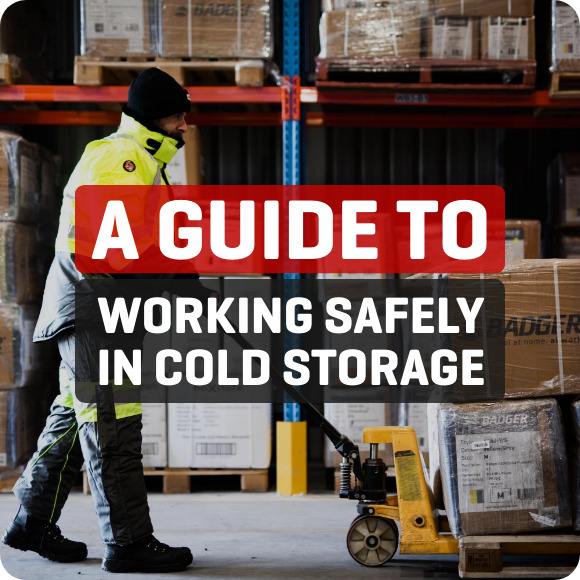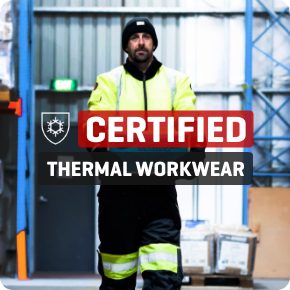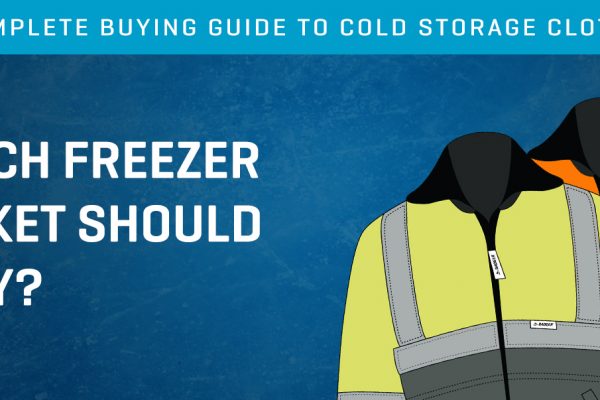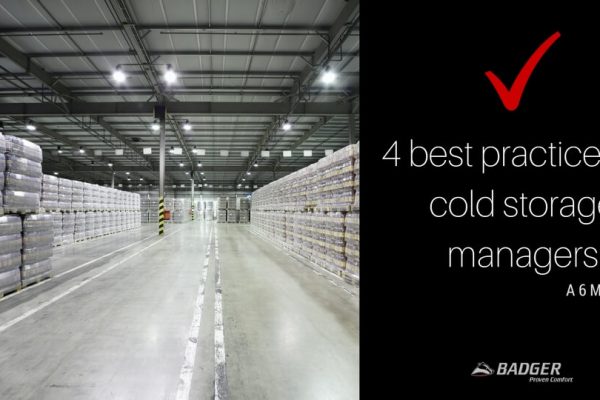Why improving the relationship between truck drivers and your warehouse operators is important
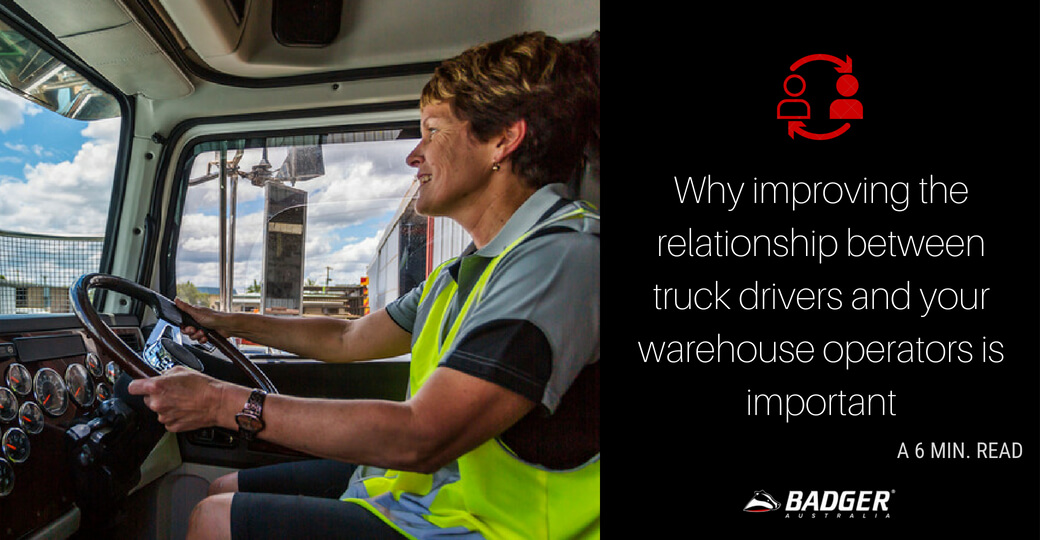
Warehouse operators and truck drivers interact continually, day and night, in the logistics industry. They are both critical links in the supply chain and arguably, could not exist without each other. However, traditionally these two factions have not ‘got along’ very well, which has lead to negative implications for both warehousing and transport companies around the glove.
Both parties want to operate in their own ‘perfect-world’. Truck drivers wish they could arrive at a DC whenever it suits them and their schedules, load up quickly and move onto their next pick up. Warehouse operators want everyone to show up exactly at their appointed time so they can schedule labour and resources perfectly to maximise efficiency. Unfortunately, its almost impossible to marry their ‘perfect-worlds’.
When there is a lack of congruence between the operators and drivers the reliability and economy of supply chains is compromised. Hence, it is vital these two parties understand each other and are striving to work together as best as possible at your company.
Understand differing perspectives on delays.
Delays are probably the ultimate ‘bug-bear’ in the logistics industry and are a leading cause of conflict between warehouse operators and drivers. Delays cost warehouses money as they need to spend time and resources rescheduling. They will often offset these costs by charging late fees to the carrier drivers.
From a driver’s perspective, however, this can seem arbitrary as they are getting penalized for something that’s often out of their control. They can’t control the traffic or the forklift break down at their previous pick up. The carrier is then likely to offset their extra costs with higher fees or refusing to serve the warehouse altogether!
These differences need to be overcome by each party being reasonable and understanding when a delay has occurred so they can mutually resolve and work around it.
Respect that both operators and drivers are needed.
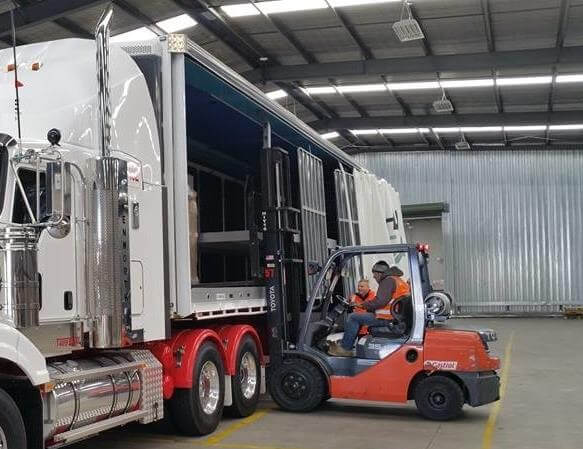
As we have alluded to already, warehouse operators and truck drivers are similarly vital to effective supply chain solutions. If there was no one managing warehouse operations truck drivers would have no way to efficiently make pick ups and drop offs. Furthermore, warehouses are often their main source of income, so its definitely worthwhile staying on good terms!
Without drivers, warehouses have limited (or no) distribution channels. This is especially apparent in Australia currently, considering the significant truck driver shortages effecting the industry. The average age of a driver is 47 and climbing, which further emphasises the need for warehouse operators to build strong relationships with them to avoid facing a shortage of drivers down the track.
A couple of ways to improve the relationship.
The most effective way for warehouse operators and truck drivers to agree and work together is to empathise and appreciate the other party’s point of view. Operator’s should review late fee charges to ensure they are fair and could possibly look at implementing ‘drop and hook’ trucking systems wherever possible. These changes will also help increase the warehouse’s flexibility and efficiency.
Respect and communication are also vital factors in the relationship. Delays will happen in the logistics industry but planning and clearly communicating any changes can seriously help reduce their negative impact. An operator could call ahead and inform a driver of a late schedule so he doesn’t need to sit in the yard all day. Similarly, a late driver could inform the operator of a late pickup so they can adjust the schedule accordingly and minimise it’s impact. Simply respecting each other’s time in this way will strengthen their relationship significantly and facilitate them working together towards their individual and collective goals, every day.

